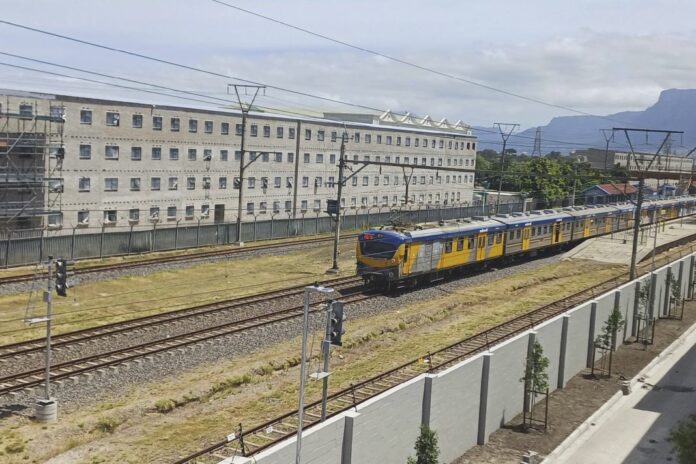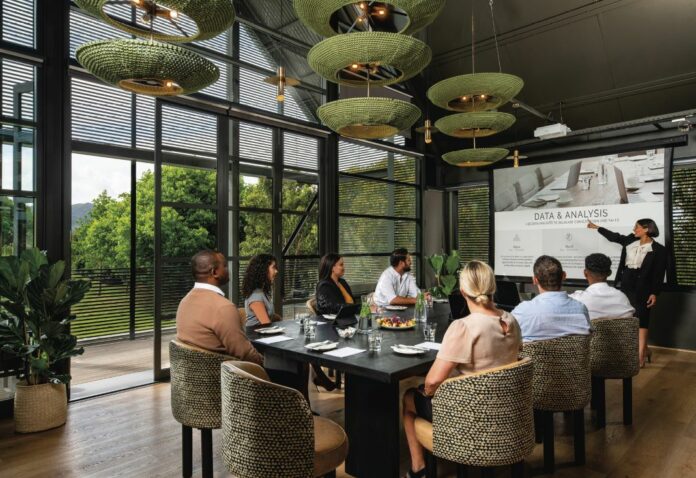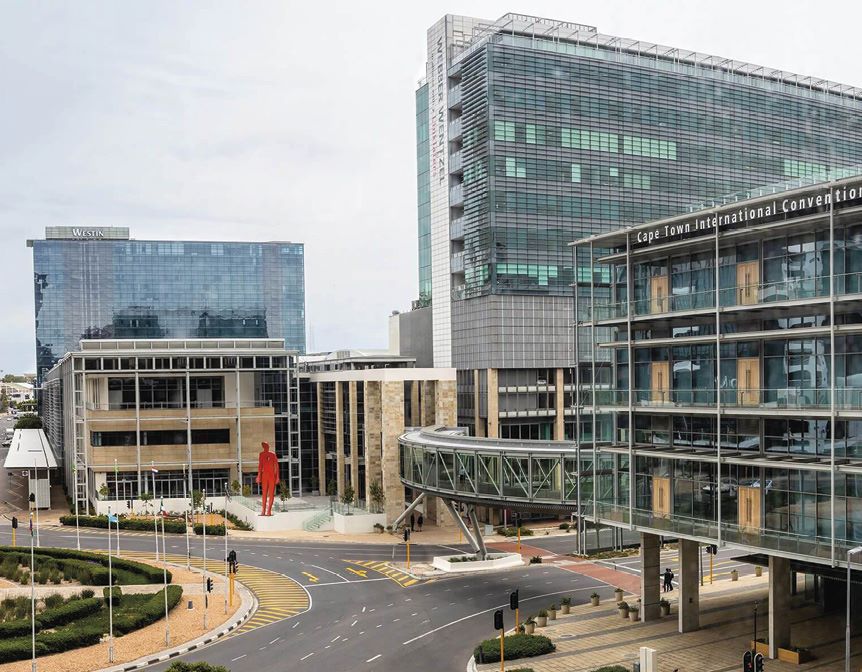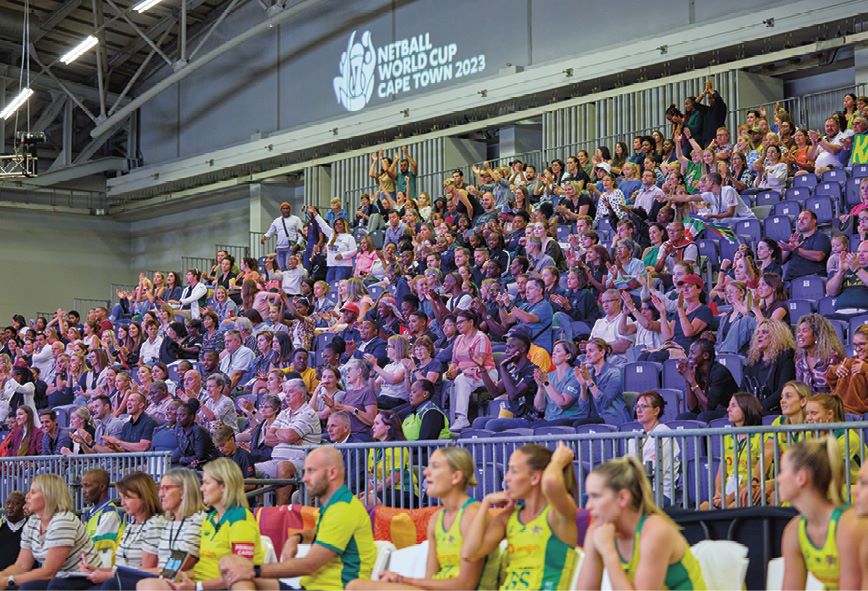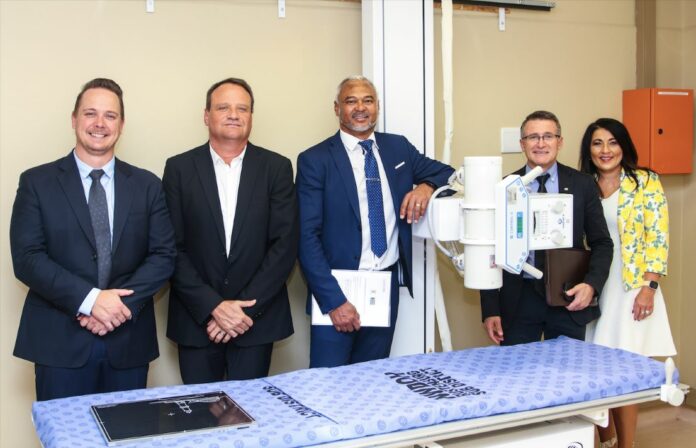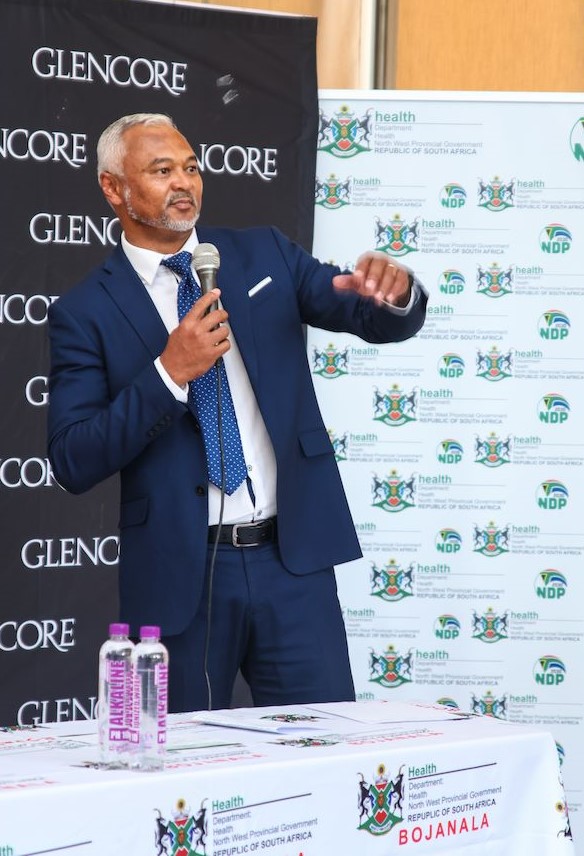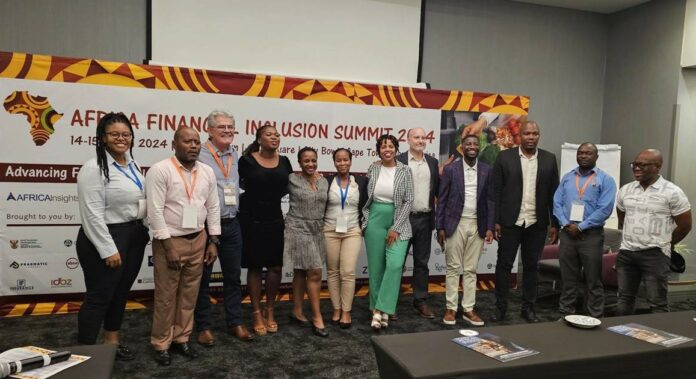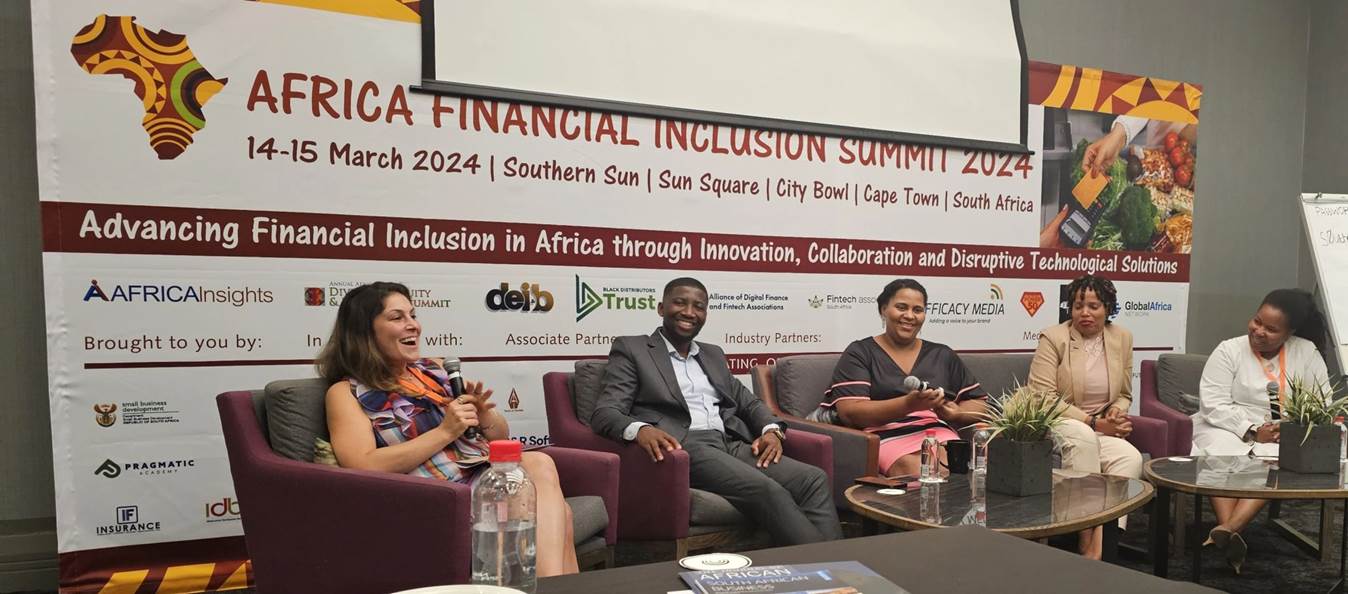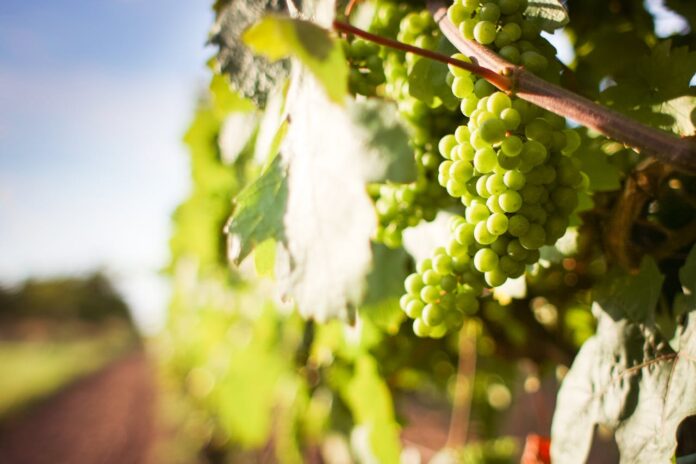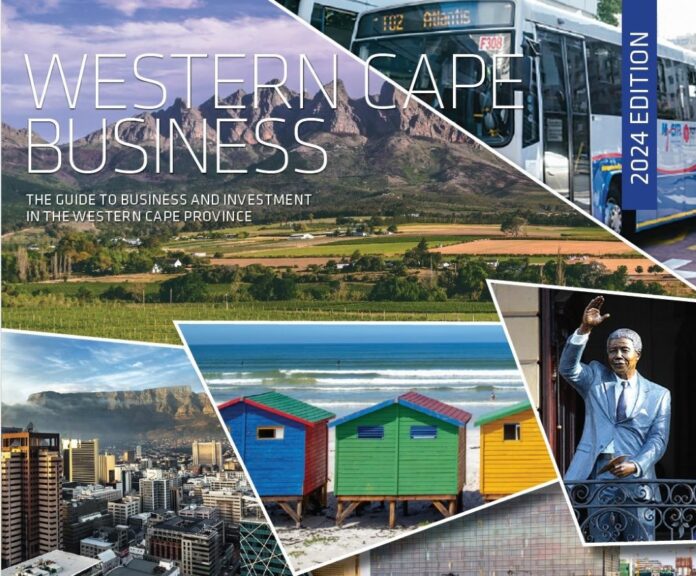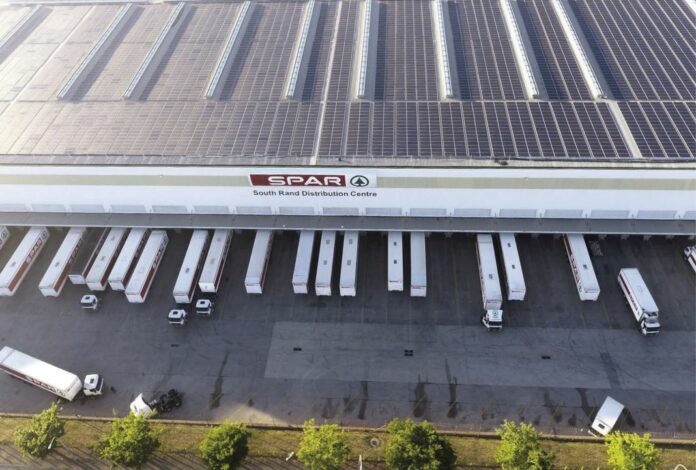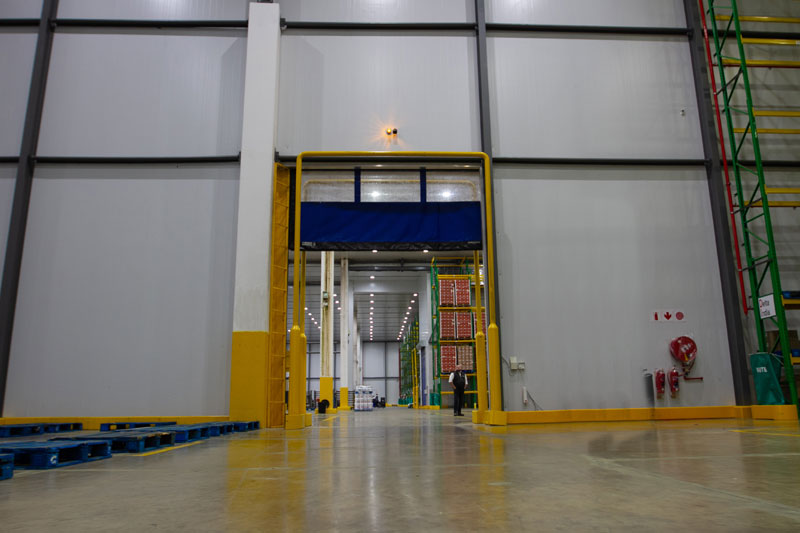By John Young
In film, tourism and oil and gas the numbers are increasing. More film shoots, more tourists and more drilling for oil and gas are all positives for the balance sheet of the Western Cape. But when it comes to energy, transport and housing, the Western Cape Provincial Government and its municipalities are having to make up for reduced supply: less electricity from the national grid, fewer trains running and not enough houses to make up for the continued movement of people to the province.
Rather than sitting back and lamenting the situation, the provincial and municipal authorities are laying out and executing detailed plans to deal with fixing these important economic drivers.
In providing affordable housing, for example, an innovation in land use is taking place in the Cape Town suburbs of Goodwood and Retreat. The rail reserve (unused land next to the line) has been leased from the Passenger Rail Agency of South Africa (PRASA) by a Section21 non-profit organisation called DCI Community Housing Services. The Goodwood Station Social Housing Development project was officially opened in 2023 and the organisation has partnerships with the City of Cape Town and the provincial government’s Department of Human Settlements. DCI provides rental housing accommodation for people who do not qualify for the breaking-new-ground subsidy (previously RDP) and are unable to participate in the formal non-subsidised housing market.
The decline in passenger rail journeys in greater Cape Town has been marked in recent years. New rolling stock is being introduced and security is being promised, but the process is going slowly. The City of Cape Town’s 2022 feasibility study on taking over the management of passenger rail services from PRASA showed its intent. Persistent calls by the city’s mayor to meet on the future of the rail network in the peninsula have not yielded any success as of January 2024, but increasing passenger rail journeys on a safe and reliable network remains a goal of the city.
The city wants to have a fully-integrated system, which would include rail. The Transport and Urban Development Authority (TDA), located within the municipality, is responsible for planning, costing, contracting, regulating, monitoring, evaluating, communicating, managing and maintaining the City of Cape Town’s transport infrastructure, systems, operations, facilities and network.
The provincial government has followed the city’s lead with the establishment of a Mobility Department with its own MEC which now monitors the province’s transport programmes such as financial support to bus and taxi services, the transport regulation mandate and extensive traffic management operations.
Cape Town Mayor Geordin Hill-Lewis says, “We are actively working towards ending loadshedding as aggressively as we can.” A R1.2-billion solar PV (photovoltaic) plant is being built near Somerset West, small-scale embedded generation is being encouraged and a Power Heroes programme will reward citizens for using less electricity.
At provincial level, a three-pronged strategy, the Energy Resilience Programme, aims to bring energy security to the province. Public spaces like schools will be fitted with solar panels and battery systems, several towns will be taken off the Eskom grid and finally, the Municipal Energy Resilience Plan is supporting councils in generating, procuring and selling power themselves.
Good numbers
The Film Permit Office of the City of Cape Town issued 3 900 film permits between July 2022 and July 2023. Most of these were for commercials but also included 499 TV series and more than 100 feature films. A freeze was placed by the city authorities on fees payable for traffic and metro police services for three years in a row in an attempt to stimulate this sector, a move that appears to have paid off.
Film location bookings rose to 8 300 in 2022/23, as opposed to 7 400 a year earlier. The Cape Town Central City Improvement District (CCID) reports that the city’s CBD supports 24 artistic studios, including film studios. The sector supports more than 35 000 jobs and contributes about R5-billion to the local economy.

A record 317 000 overseas visitors visited the Cape in December 2023. Cape Town International Airport’s 2023 number of international arrivals reached 2.8-million, topping the 2.6-million international passengers it welcomed in 2019. The Victoria & Alfred Waterfront recorded December retail sales of R1.2-billion, a 16% increase over 2022.
Plans for a new airport for greater Cape Town moved forward in 2023. The existing Fisantekraal Airfield north of Durbanville was rebranded the Cape Winelands Airport in 2020 by its new owners and there are plans for it be fully redeveloped with expanded facilities. This would not only help to relieve congestion at Cape Town International Airport in terms of cargo and tourism arrivals but would provide a much closer destination alternate for inbound flights which currently have to carry enough fuel to get their planes to George if there for some reason they are not able to land at CTIA.
An increasing number of oil and gas exploration permits have been granted both onshore and offshore along the West Coast. While this has disturbed conservationists, the results from surveys done in Block 5/6/7 suggest that the oil available in South African waters will at least match the significant resources that have been found in Namibian territory offshore.
In his 2022 State of the Province Address, Premier Alan Winde claimed that Cape Town is:
-
- Africa’s Greentech hub
- Africa’s BPO capital
- Africa’s Tech capital
In addition, he quoted the Global Startup Ecosystem Report 2021, where Cape Town is listed as the number one performer in Africa for technology ecosystems and is home to almost two-thirds of all start-ups in South Africa.
There are 22 active incubators and accelerators in the region which provide networking and marketing opportunities and links to funders and markets. It is because the Western Cape has been investing in digital infrastructure that the Premier can persuasively make these claims.
The provincial government’s broadband roll-out project is in Phase 2. The Western Cape Department of Health was the first in the country to go digital, including 265 primary healthcare centres and 181 mobile posts.
Cape Town also, according to the Global Financial Centres Index (GFCI), ranked second in Africa in 2020 (behind Mauritius) in competitiveness as a financial centre. Neighbouring Stellenbosch is advancing its reputation for technological innovation and the output of the region’s four universities and six TVET colleges ensures that the tech sector has the necessary human capital.
Cape Town’s share of national employment in the financial sector is about 20% and the contribution to gross value-added (GVA) is 15%.
Economy
Finance, business services and real estate combined contribute 28% to the gross domestic product (GDP) of the Western Cape. The financial services and insurance sector are key components of the economy.
Although agriculture accounts for just 4.3% of GDP on its own, the sector is responsible for the fruit and vegetables that contribute to agro-processing which accounts for nearly 40% of the province’s export basket. (Agro-processing accounts for 8.1% of GDP.) Citrus, wine, apples and pears, grapes, fruit juice, fruit and nuts and tobacco all appear in the top 10 of the province’s exports.
Seventy percent of South Africa’s beverage exports come from the Western Cape. Grapes and wine sales to Europe remain strong, but the Chinese market is becoming increasingly important.
The province has a diverse manufacturing sector ranging from textiles, clothing, footwear, boatbuilding and furniture to coke and refined petroleum products. Excluding agro-processing, other manufacturing makes up 6.9% of GDP.

Investment
The province has a dedicated investment agency, Wesgro, which also works to promote the region’s tourism. The Investment Promotion Unit of Wesgro is working with various regions within the Western Cape to attract investment and accelerate exports.
In recent years, the biggest investments have been in renewable energy and manufacturing. Between 2003 and 2021, the Western Cape attracted $1.93-billion in renewable energy projects.
Other important sectors are agro-processing, aviation, business services, education and training, financial services, real estate, ICT, light manufacturing, oil and gas, timber, tourism, waste beneficiation and clean energy.
Another vehicle for attracting investment are Special Economic Zones (SEZ) and Industrial Development Zones (IDZ). Zones at Atlantis and Saldanha aim to tap into growing markets – maritime, oil and gas and renewable technologies.
The Atlantis Special Economic Zone (ASEZ) is attracting investors in the greentech market. An early investor in the zone was GRI Towers South Africa, a wind turbine tower manufacturer.



